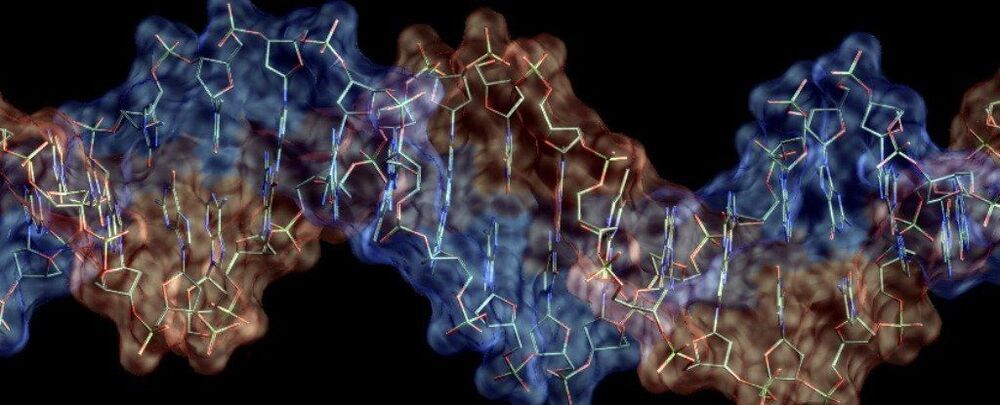Engineer Robert Grass says that though we believe information is here forever, it’s actually fragile. Hard drives and physical sources of information, like books, decay over time. In a video for the BBC, Grass describes his quest to find a method of preserving information that could be stable for millions of years. The secret is DNA.
In 2012, research showed that you could translate a megabyte (MB) of information into DNA and then read it back again. DNA has a language of its own, and is written in sequences of nucleotides (A, C, T, and G). Think of it as similar to binary, which breaks information down into ones and zeros.
And DNA has the advantage of being able to put an enormous amount of information in a tiny space. Theoretically, one gram of DNA could hold 455 exabytes of information. That’s “enough for all the data held by Google, Facebook and every other major tech company, with room to spare”, according to New Scientist.










Comments are closed.